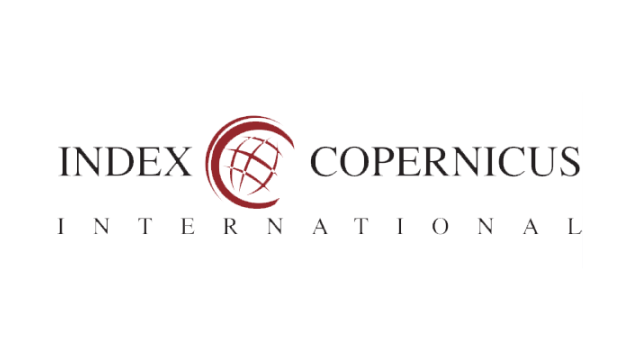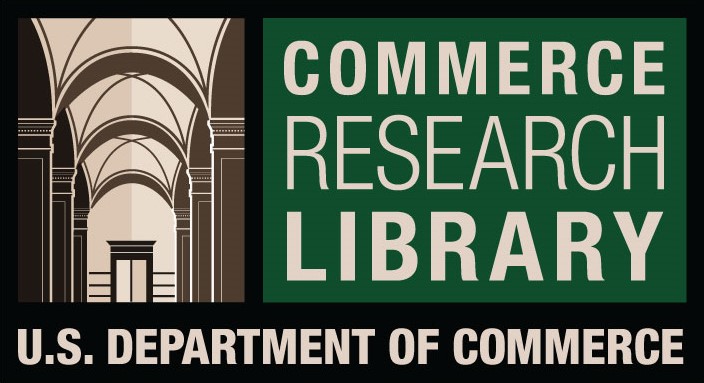SOLID WASTE MANAGEMENT PRACTICES IN SUDERBANI TOWN OF RAJOURI DISTRICT
DOI:
https://doi.org/10.61841/gztx3d89Keywords:
Waste, solid waste, waste management, local bodiesAbstract
The Resource Conservation and Recovery Act (RCRA) 1976, which forms the basis of waste management programs in America defines solid waste as any garbage or refuse, sludge from a wastewater treatment plant, water supply treatment plant, or air pollution control facility and other discarded material, resulting from industrial, commercial, mining, and agricultural operations, and from community activities (UN Environmental Protection Agency). In India, management of such waste product is the domain of urban and rural local bodies. These bodies regulate the process of waste disposal from its inception to final disposal. However, there are many limiting factors that play a major role in making this whole process a challenging one. At municipal level solid or semi-solid domestic waste involves sanitary waste, commercial waste, institutional waste, catering and market waste and other non-residential wastes, street sweepings, silt removed or collected from the surface drains, horticulture waste, agriculture and dairy waste, treated bio-medical waste excluding industrial waste, bio- medical waste and e-waste, battery waste, radio-active waste generated in the area under the local authorities and other entities (SWM Rules, 2016).This papers aims to analyse various kinds of wastes generated in town of Sunderbani in Rajouri district and the issues involved with the disposal of such wastes.
Downloads
References
1. Amasuomo, Ebikapade & Baird, Jim. (2016). The Concept of Waste and Waste Management. Journal of Management and Sustainability. 6. 88. 10.5539/jmsv6n4p88.
2. Anonymous. 2016. Municipal Solid Waste Management Manual. Part-I & II. (CPHEEO). www.moud.gov.in.
3. Demirbas, A. (2011). Waste management, waste resource facilities and waste conversion processes. Energy Conversion & Management, 52(2), 1280-1287. https://doi.org/10.1016/j.enconman.2010.09.025
4. Farooq, Majid & Meraj, Gowhar & Yousuf, Amreena & Gupta, Anuradha & Singh, Gurmeet (2017). SOLID WASTE MANAGEMENT IN JAMMU. 10.13140/RG.2.2.14357.52964.
5. Moharana, Pravash. (2012). Rural Solid Waste Management: Issues and Action. Kurukshetra. 60. 30-34.
6. Solid waste management rules,2016.
7. Tchobanoglous, G., Theisen, H., & Vigil, S. (1993). Integrated Solid Waste Management: Engineering Principles and Management Issues. Water Science & Technology Library, 8(1), 63-90.
8. Zaman, Atiq. (2013). Identification of Key Assessment Indicators of the Zero Waste Management Systems. Ecological Indicators. 36. 682-693. 10.1016/j.ecolind.2013.09.024.
Downloads
Published
Issue
Section
License

This work is licensed under a Creative Commons Attribution 4.0 International License.
You are free to:
- Share — copy and redistribute the material in any medium or format for any purpose, even commercially.
- Adapt — remix, transform, and build upon the material for any purpose, even commercially.
- The licensor cannot revoke these freedoms as long as you follow the license terms.
Under the following terms:
- Attribution — You must give appropriate credit , provide a link to the license, and indicate if changes were made . You may do so in any reasonable manner, but not in any way that suggests the licensor endorses you or your use.
- No additional restrictions — You may not apply legal terms or technological measures that legally restrict others from doing anything the license permits.
Notices:
You do not have to comply with the license for elements of the material in the public domain or where your use is permitted by an applicable exception or limitation .
No warranties are given. The license may not give you all of the permissions necessary for your intended use. For example, other rights such as publicity, privacy, or moral rights may limit how you use the material.









